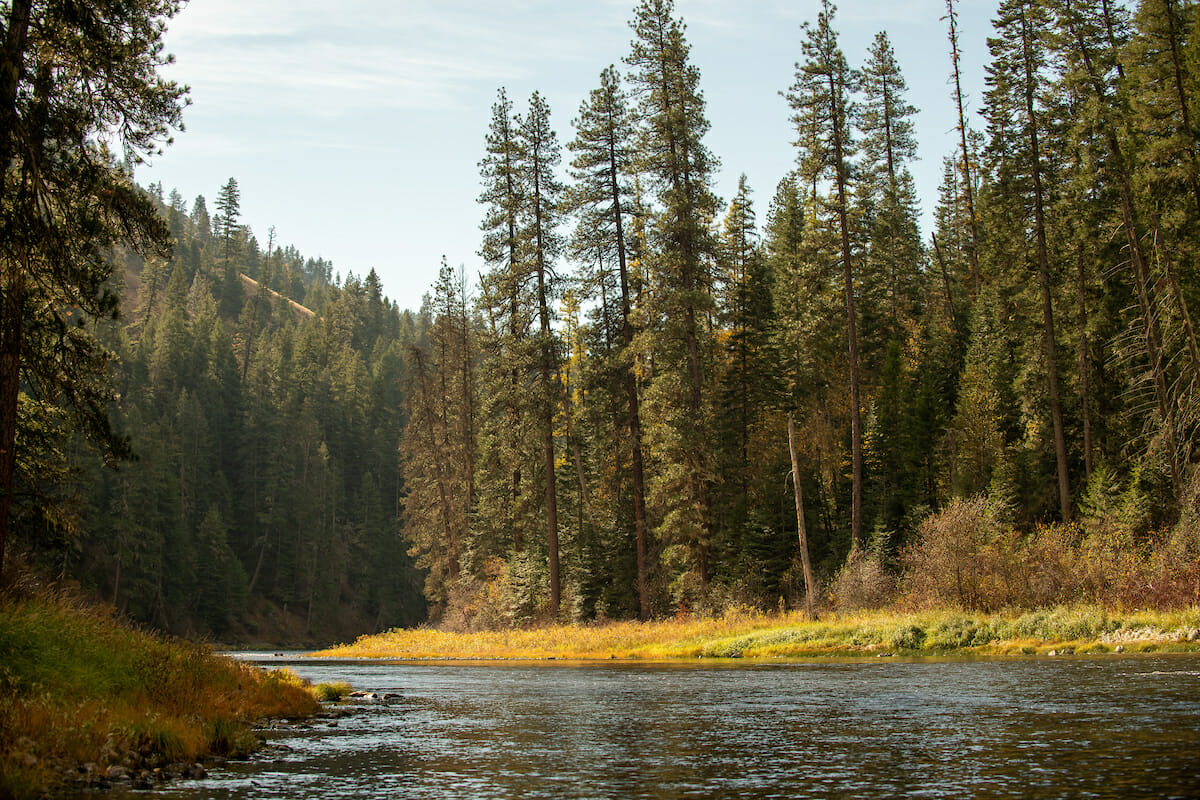Congress’ lame-duck session offers opportunities for trout and salmon
The dust has (mostly) settled following the 2022 midterm elections, and next month a new Congress will be sworn into office. For Trout Unlimited, next year’s 118th congressional session represents an opportunity to forge new relationships and drive our coldwater conservation priorities.
But while your newspaper or Twitter feed might already be focused on next year’s politics, the tail-end of the current 117th session—called the “lame-duck”—still offers an opportunity to pass important legislation—or set the stage for success in 2023.
“Lame duck,” first uttered in American politics in mid-19th century, refers to the brief window at the conclusion of a congressional session, from November to the beginning of January. Retiring and defeated members (and even those who kept their seats) understand that the lame duck is a last chance to usher priorities across the finish line before the landscape changes permanently in January.
The result is a flurry of legislative action and bipartisan compromise. Bills that may have been off the table suddenly get new life.
Here are six of TU’s priorities that, with more hard work (and a little good fortune), have a shot at passage here at the end of 2022.
1. Protecting Nevada’s Ruby Mountains.
Dubbed the “Swiss Alps of North America,” the Ruby Mountains are an iconic landscape in Elko County, Nevada, beloved by hunters and anglers around the world. The Ruby Mountains Protection Act (S. 258) would permanently protect critical habitat in the Rubies from oil and gas exploration.
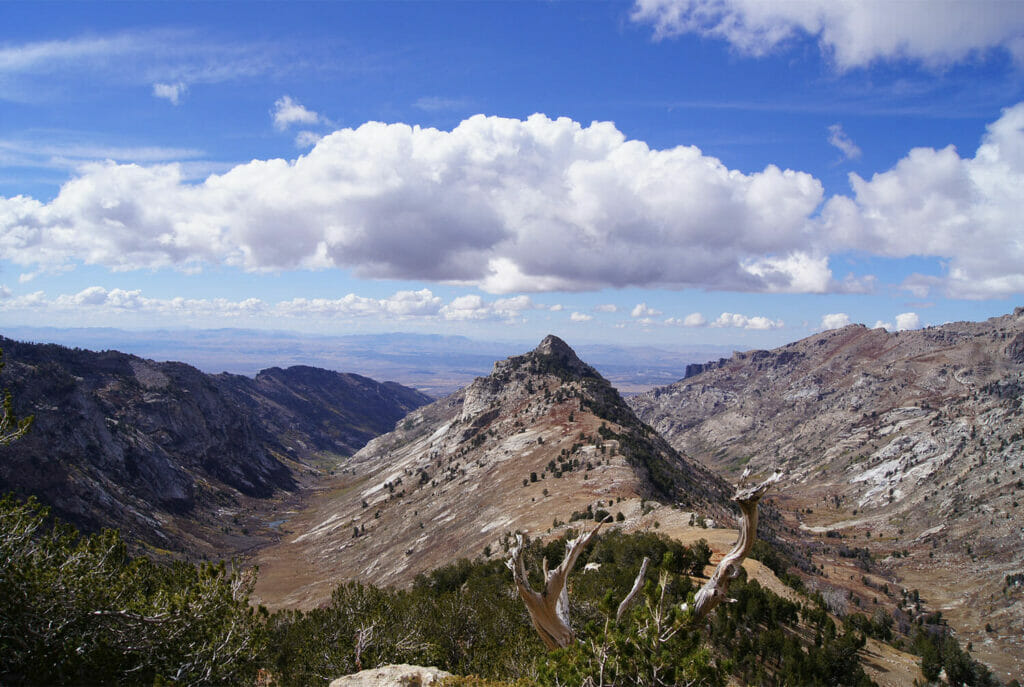
2. Safeguarding Oregon’s public lands
The Oregon Recreation Enhancement Act (S. 1589) deals with more than 200,000 acres of public lands in the Rogue, Illinois, and North Fork Smith watersheds, which are world-renowned treasures in southwest Oregon. If passed, these bills would protect some of the last and best-remaining places for salmon, trout, and steelhead, and also provide hunting opportunities for blacktail deer, Roosevelt elk, black bears, ruffed grouse, and a number of other species.
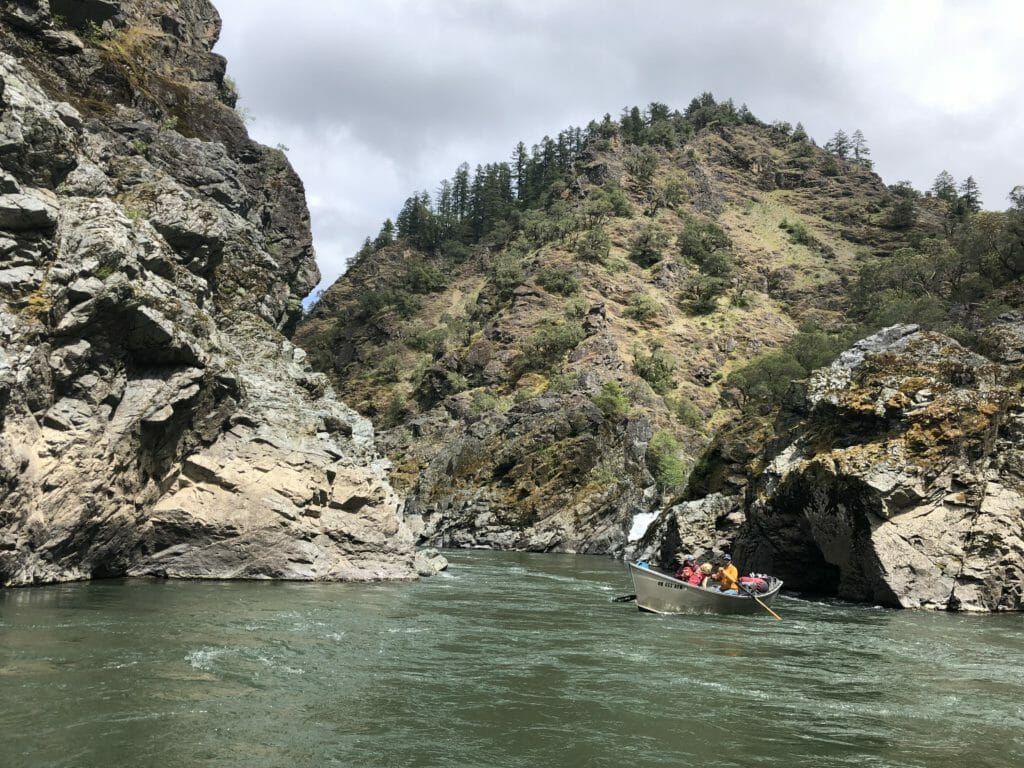
3. Recovering America’s fish and wildlife
The decline of our fish and wildlife populations and loss of natural habitat is one of America’s greatest threats. The nation’s freshwater species, including trout, have been particularly hard-hit: approximately 40 percent are now rare or imperiled. The Recovering America’s Wildlife Act (H.R. 2773 and S. 2372) would dedicate $1.4 billion annually to state and tribal fish and wildlife agencies to support implementation of science-based recovery plans. These conservation and restoration efforts would help TU enhance trout and salmon fisheries through abandoned mine cleanup, reconnection of fragmented watersheds, and treatment of disease and invasive species.
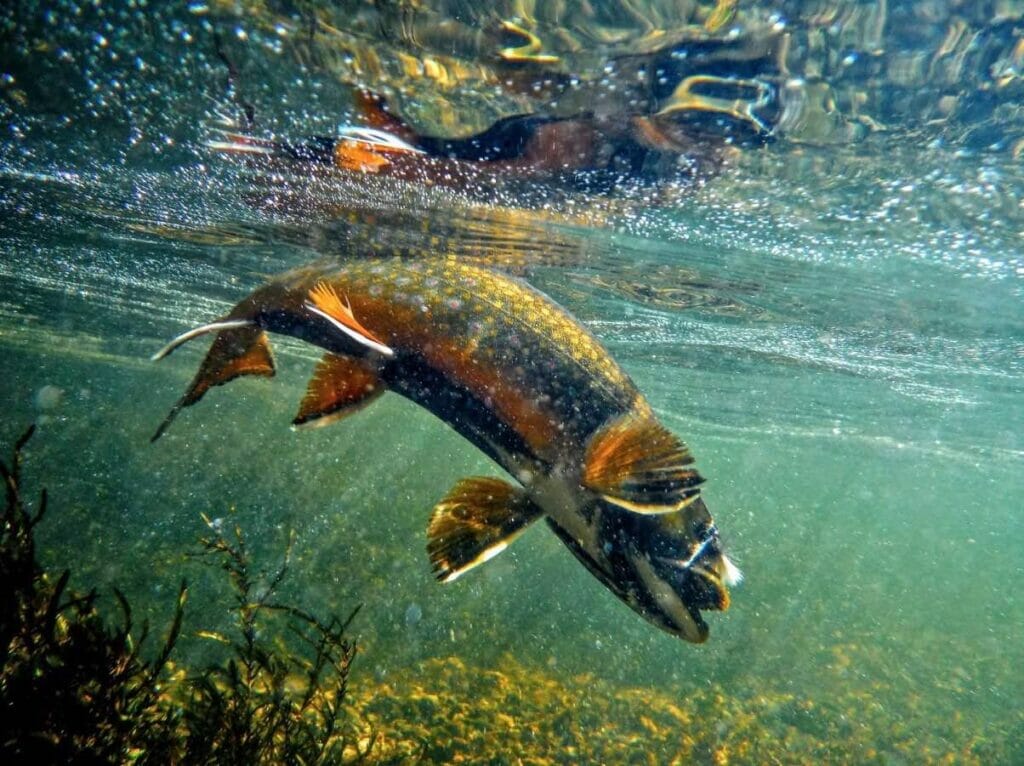
4. Conserving California’s public lands
The California PUBLIC Lands Act (S. 1459) will improve some of the state’s best remaining public lands for salmon, steelhead, wild trout and upland wildlife. This package would help protect and restore famous steelhead and salmon fisheries in northwest California, and important habitat for steelhead and trout in the southern half of the Los Padres National Forest and in the San Gabriel Mountains. These bills will better protect salmon and steelhead habitat in Northern California rivers, help reduce the risk of catastrophic wildfire, support rehabilitation of habitat degraded by illegal trespass marijuana grows, conserve the headwaters of streams with trout populations that have remnant genes of the endangered southern steelhead, and sustain some of the rare trout fishing opportunities in Southern California.
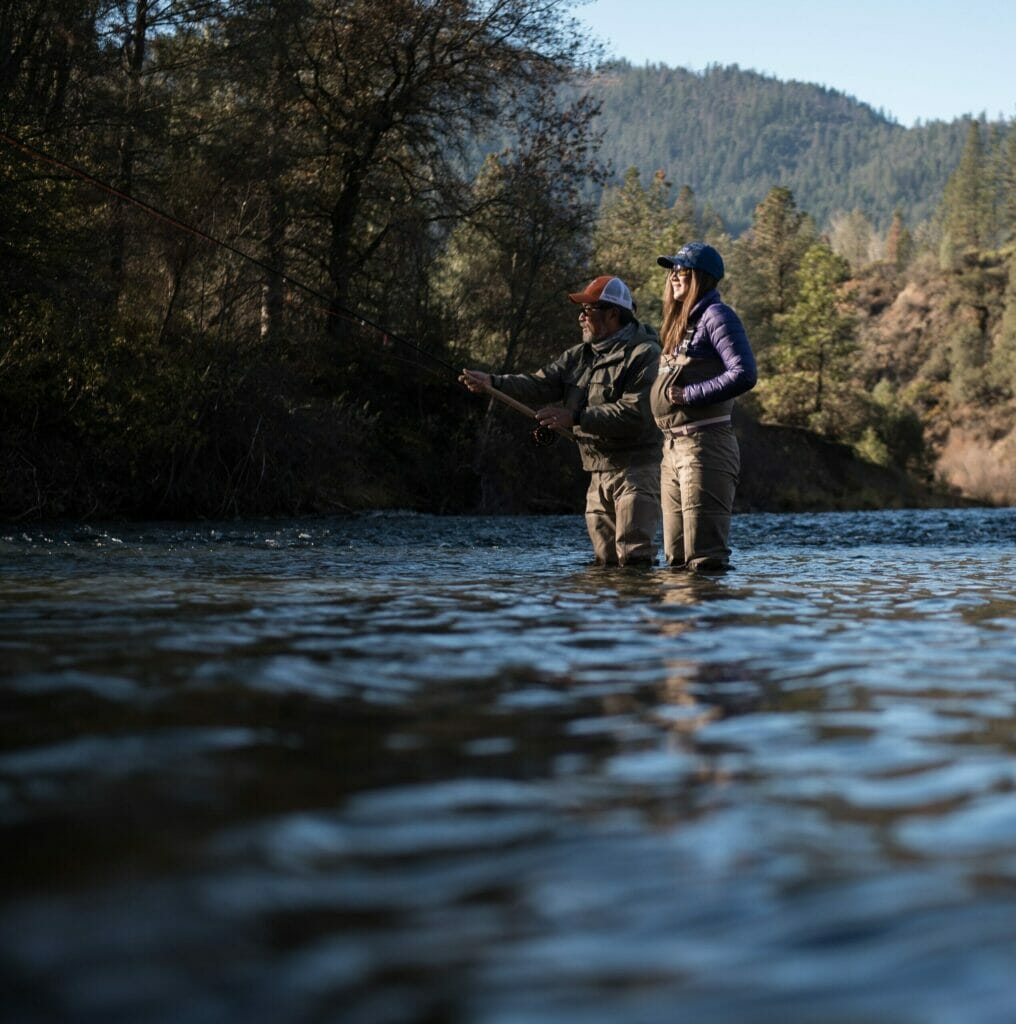
5. Cleaning up mine pollution for the long term.
The Safeguarding Treatment for the Restoration of Ecosystems from Abandoned Mines (STREAM) Act, (S. 3957 and H.R. 7283) would help finance and sustain the outstanding work that is happening in coal country to clean up pernicious pollution from abandoned coal mines. It will extend and enhance the great value of the abandoned mine land cleanup provisions of the Bipartisan Infrastructure Law by assuring that projects developed to treat polluted mine drainage continue to operate in perpetuity.
6. Promoting responsible renewables on public lands
The Public Land Renewable Energy Development Act (H.R. 3326) would support responsible development of wind, solar and geothermal projects on public lands with high potential for energy and low impact on wildlife and habitat. Critically, the act would also strategically direct the revenue from development to invest in local communities, fish and wildlife resources and more efficient permitting for renewable energy projects.


